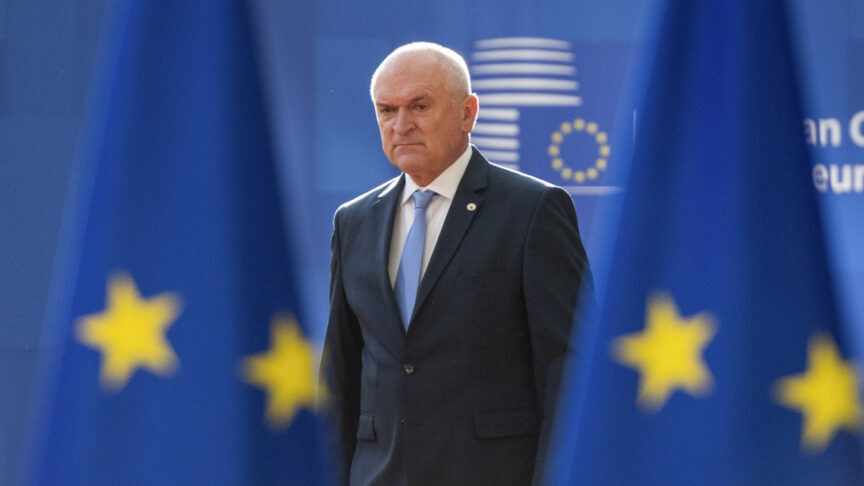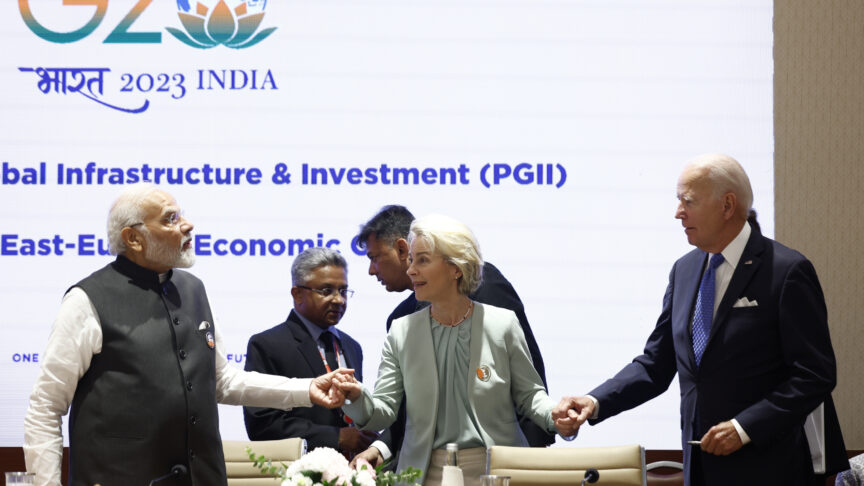Beyond the ‘War on Terror’
The EU has an opportunity to influence President Obama’s efforts to reform US counterterrorism policy
The EU should seize the opportunity to influence President Obama's efforts to reform US counterterrorism policy by agreeing to help close Guantanamo and work towards a new European-American framework of principles for fighting terror, according to a new policy brief published by the European Council on Foreign Relations.
In Beyond the “War on Terror”: Towards a New Transatlantic Framework for Counterterrorism, Anthony Dworkin, ECFR Senior Policy Fellow, argues that the European Union has a chance to help define new transatlantic standards for combating terrorism in line with traditional European and American values, which gives a framework for the fight against terrorist groups. Despite a heated debate over President Obama's recent announcements on military trials and detention, his policies are a significant improvement on President Bush's “war on terror”, showing greater respect for international law and due process. Dworkin argues that the European Union can influence the development of these policies by opening a new dialogue on principles for counterterrorism with the US that could lead up to a high-profile joint public declaration.
But this will only happen, he believes, if the European Union moves swiftly to agree a joint framework for taking significant numbers of detainees from Guantanamo Bay when European interior ministers meet on 4-5 June to discuss the re-housing former Guantanamo prisoners. Critics, including Richard Cheney, have argued that closing Guantanamo is a gesture to appease Europeans. It therefore undermines the administration's efforts if Europeans are seen to be shirking their burdens on counterterrorism and national security.
Dworkin recommends that the EU must review its own counter-terrorism principles – given the variety of views that exist within member states. It also calls for a “public declaration” with the US to show that the divisions on issues – from the definition of torture to illegal detention – that have plagued international law and transatlantic relations for the last eight years have finally been overcome. This would provide a logical response to Obama's message that terrorists will achieve a major success if they alienate the US from its natural allies.
The European Council on Foreign Relations does not take collective positions. ECFR publications only represent the views of their individual authors.


